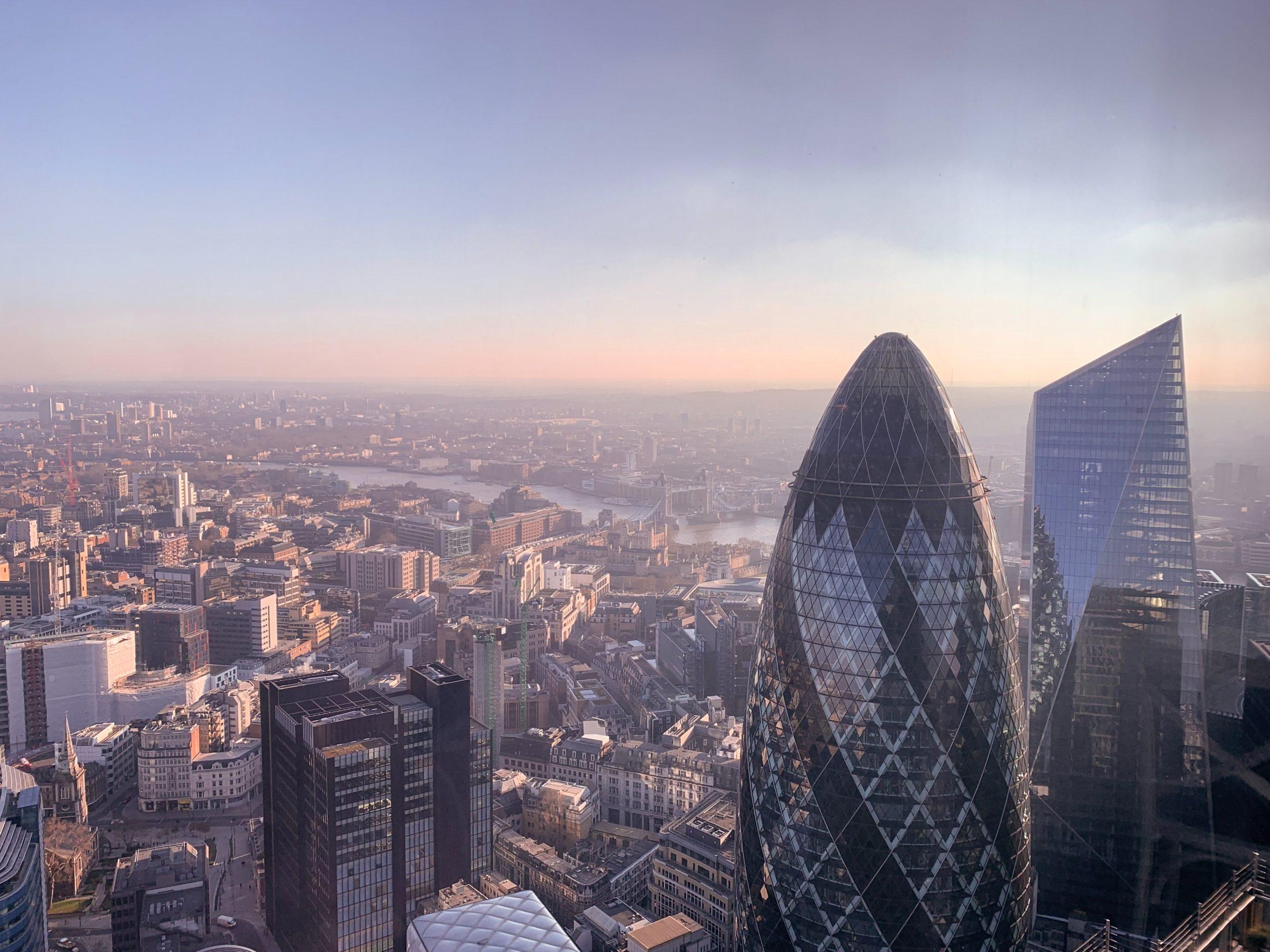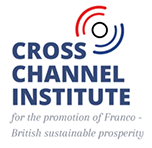
Risk of recession in the UK
UK Economic Outlook – 2022
- The British Chambers of Commerce (BCC) has again downgraded its expectations for UK GDP growth for 2022 to 3.3% (from 3.5% in Q2) against a deteriorating economic outlook. UK inflation is now expected to reach 14% in Q4 2022, an upwards revision of four percentage-points from its previous projection of 10%.
- The BCC is now forecasting a recession for the UK economy this year, with negative economic growth for Q2, Q3, and Q4 2022.
- Short-term GDP expected to go into recession.
In the short term, GDP is expected to fall into recession.
In the short term, the BCC is now forecasting a recession for the UK economy with three consecutive quarters of contraction between Q2 and Q4 in 2022. Annual expectations for GDP growth also continue to decline, with 3.3% forecast for 2022, significantly below the 7.4% growth recorded in 2021. However, unlike the Bank of England, the BCC expects the economy to grow in 2023, albeit at a very low 0.2%, with a slight increase to 1% in 2024.
These anaemic predictions for GDP growth are in light of deteriorating economic conditions; rising energy costs, a decline in household spending and real wages; weaker export prospects and a pessimistic global economic outlook; poor investment conditions and weakening business confidence and cashflow. Many of these issues were initially caused by the global response to Covid-19 and have been further compounded by the war in Ukraine.
Inflation to peak at 14%.
Businesses and consumers will continue to face exceptionally high costs due to soaring inflation in 2022. Increased and more sustained inflationary pressure is now forecast for the fourth quarter of 2022, with the Consumer Price Index (CPI) inflation rate expected to peak at 14%. This is an increase from the previous high rate of 10%. The CPI rate is expected to slow to 5% in 2023, eventually returning to the Bank of England’s 2% target in 2024.
The Bank of England’s interest rate forecast remains unchanged; the rate is expected to rise from 2% in 2022 to 3% in 2023 and 2024. Inflation is expected to outpace income growth by more than 3,1% in Q4 2022, with average incomes rising by 4.5% in Q4 2022.
Investment and recovery are expected to be weak.
Business investment is expected to grow by 2.7% in 2022, an upward revision from the second quarter forecast of 1.8%. This increase is likely to be driven by growth in building construction rather than spending on machinery or equipment. However, they are only expected to increase by 0.6% in 2023, slightly less than the 0.8% growth forecast in Q2.
Overall investment is expected to rise by 4% this year, but to fall by 0.4% in 2023 before rebounding to 1.1% in 2024.
Consumer spending is now expected to grow by 3.8% in 2022, down from the 4% forecast in Q2.
Alex Veitch, Director of Policy at the British Chambers of Commerce, commented on the forecast:
“Our latest quarterly economic forecasts will be of no comfort to consumers or businesses. The extreme inflationary pressures already present will only increase in the run-up to Christmas, when the UK economy is already considered to be in recession.” Tackling these pressures must be a top priority for the new Prime Minister when he takes office next week.
“We have revised our inflation forecast upwards by four percentage points to a new high of 14%.” Inflation is rampant, and it is not only impacting on the cost of doing business, but also on the ability of some companies to stay open. In January, the BCC found that 23% of companies surveyed were considering downsizing or even closing due to rising costs.
“With prices spiralling out of control, they are expected to outpace earnings growth by a ratio of 3:1 in the fourth quarter of 2022.” This will undoubtedly have an impact on consumer confidence, another major concern for businesses.
“Action is needed now, and the BCC has set out a comprehensive plan for the government to provide vital support to businesses.”
“In addition to tax and labour measures, the BCC’s business support plan includes key requests to help businesses cope with spiralling energy costs.” These include Covid-like support through the introduction of an emergency government energy grant, a temporary reduction in VAT on energy bills to 5% to reduce costs for businesses and increased regulation of the business energy market by Ofgem.
“Through our extensive research and forecasting work, we know the problems that businesses are currently facing. The clock is ticking, the government needs to step up to the plate and do what is necessary to protect businesses, livelihoods and jobs.”
Key points of the forecast :
- UK GDP growth is expected to be 3.3% in 2022, 0.2% in 2023 and 1% in 2024.
- After a contraction in growth in Q2 2022 of 0.1%, quarter-on-quarter GDP growth is expected to continue to fall in Q3 by 0.1% and in Q4 by 0.3%, before a slight increase in growth of 0.2% in Q1 2023.
- Household consumption is expected to grow by 3.8% in 2022, 0.3% in 2023 and 1.1% in 2024.
- Business investment is expected to grow by 2.7% in 2022, before falling by more than a quarter to 0.6% in 2023 and then rising to 1.2% in 2024.
- The BCC forecasts export growth of 2.3% in 2022, 1.8% in 2023 and 1.2% in 2024, compared with import growth of 7.7%, -3.8% and 1.6%.
- The BCC forecasts UK unemployment at 3.8% in 2022, rising to 4.1% in 2023 and 2024.
- CPI inflation is expected to peak at 14% in the fourth quarter of 2022, before falling to 5% by the end of 2023. Inflation is expected to fall back to the Bank of England’s 2% target in Q4 2024.
- Official UK interest rates are expected to rise to 2% in the fourth quarter of 2022, then to 3% in the fourth quarter of 2023, ending 2024 at the same level.
Source : British Chambers of Commerce.
